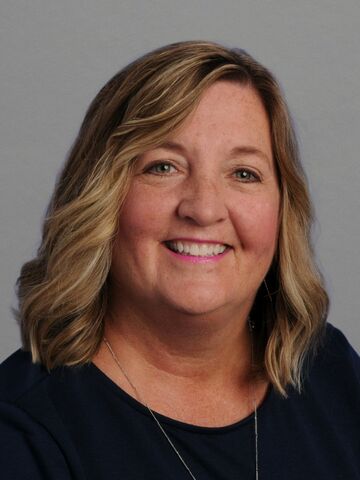
As a parent/guardian/caretaker, you’ve noticed some social, emotional and/or behavioral changes in a child you are providing care for. Have you ever wondered, “Is this typical?” “Does everyone experience this?” “Do we need help?” Or, you might be thinking, “They aren’t like they used to be…I don’t know what to do. I feel so alone.”
The good news is you don’t have to do anything alone! There is support available. While some changes may just be typical, get a better sense of what’s typical and what’s not. It can be helpful to think about the impact the changes are having on everyday life, how long the changes have been happening and when they occur (certain times of the day, continuously and in certain places and/or around certain people).
You may already be supporting your child with everyday activities such as being present and spending time with your child, listening and validating (I hear you, tell me more, what do you need?), showing interest in what your child is involved in and/or managing emotions/staying calm when your child is struggling.
So…where do you turn for help? Reaching out to support systems such as friends, family, faith/spiritual community, etc., can relieve feeling alone or not knowing what to do. You can also contact your child’s school to ask questions or share concerns. Professionals to connect with can include school counselors, district school social workers, district student advocates and your local Central Rivers Area Education Agency (AEA) staff (https://www.centralriversaea.org/).
Trained mental health professionals are available through community mental health agencies, many of which have virtual telehealth support services. Connecting with your child’s primary care doctor can be a good starting point to help determine if there are any physical causes.
Additionally, some go-to resources could be CICS (https://www.cicsmhds.org/), which have county resources, NAMI (https://nami.org/help), SAMSHA (https://www.samhsa.gov/) and the University of Iowa Scanlan Center for Mental Health (https://scsmh.education.uiowa.edu/).
Take immediate action if the child for whom you’re providing care expresses thoughts of self-harm (wants to kill themself, doesn’t want to be alive, words of hopelessness, etc.) or threatens to harm someone else or you.
- For thoughts of suicide, stay with your child; don’t let them out of your sight. Options for support include the National Suicide and Crisis Hotline (988), 24-hour Your Life Iowa Crisis Line (855-581-8111) and ask for the Mobile Response Team or take your child to the nearest emergency room.
- For immediate safety concerns, call 911 and ensure they know to provide support for suicidal thoughts.

Social, emotional and behavioral health needs are common. Early intervention can lead to positive outcomes for the child you’re providing care for, help you feel less alone and prevent situations from becoming a crisis. Sometimes we can lose hope and feel overwhelmed, but support is available…don’t ever hesitate to reach out. You’ve got this!
Kandice Bienfang-Lee is a School Social Worker/Team Representative for Central Rivers AEA. She can be reached at klee@centralriversaea.org. Central Rivers Area Education Agency provides leadership and service to 53 public and 18 non-public schools in an 18-county area of north central Iowa. Learn more at www.centralriversaea.org.
